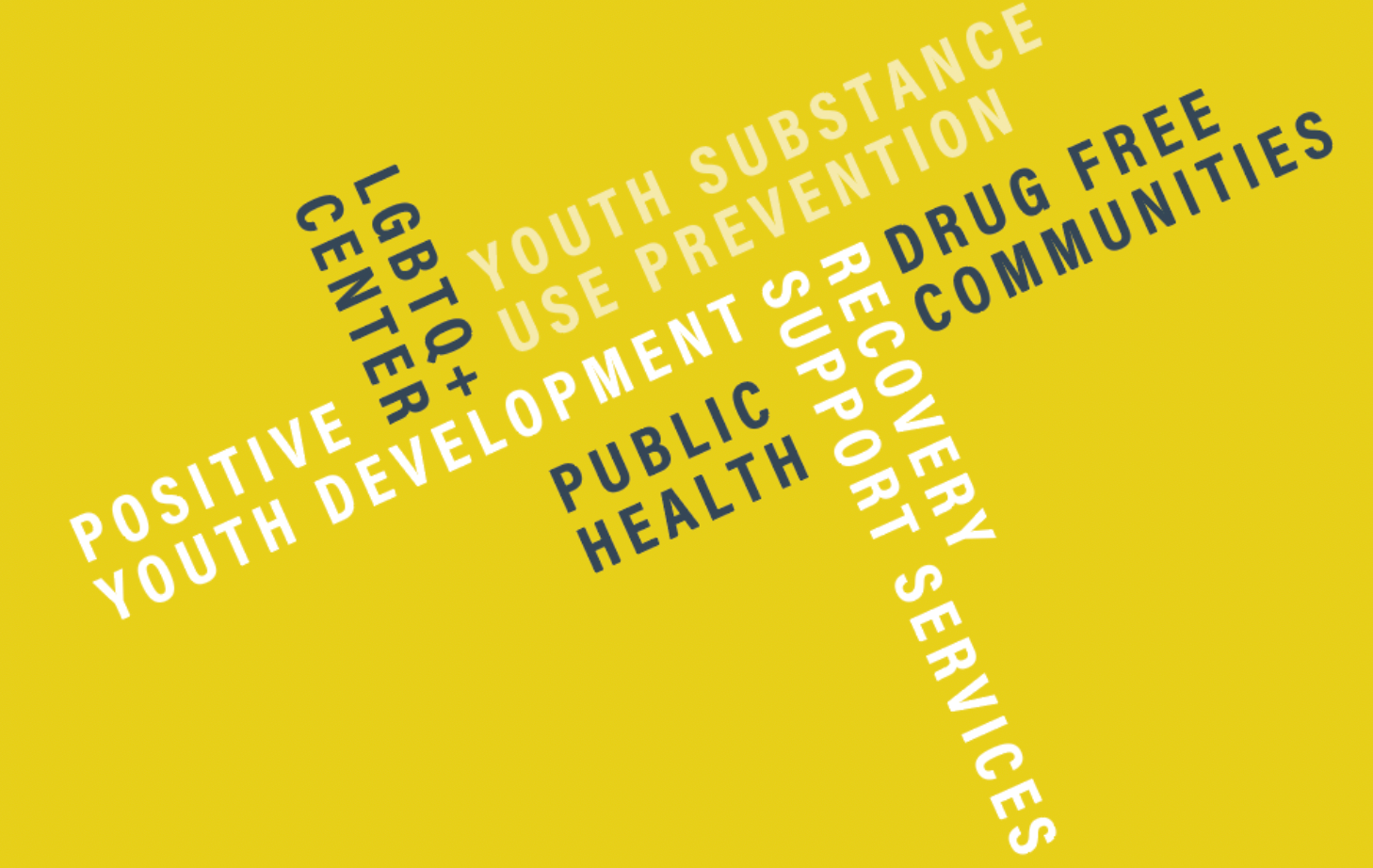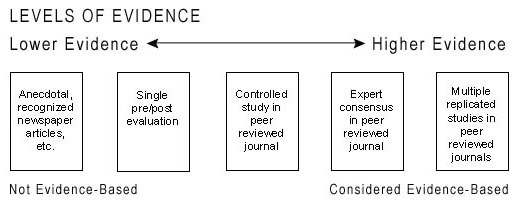
Community Programs
The Community Collaboration Team promotes healthy choices for youth ages 11 – 18 and young adults 19 – 24 through education, awareness of health issues, policy change, community collaboration, and evidence-based programs that support positive youth development and build healthy communities.
A needs-based portfolio of projects working across the continuum of care (prevention, intervention, recovery, and harm reduction) that are overseen by a community advisory group called the Communities for Positive Youth Development and subcommittees, including the target audience.
The Community Collaboration Team Operates on the principle of “nothing about us, without us.”

Funding provided to Kenneth Young Center by the Substance Abuse and Mental Health Services Administration (SAMHSA), the Office of National Drug Control Policy (ONDCP), the Centers for Disease Control and Prevention (CDC), the Illinois Department of Human Services (IDHS), Cook County Department of Health (CCDPH), Community Consolidated School District 62 (D62), and Schaumburg Township, and Public Health Institute of Metropolitan Chicago (PHIMC).
Contact Us
Substance Use Prevention Services (SUPS)
Target Community: Schaumburg, Palatine, Elk Grove Township
Goal: To reduce alcohol and non-medical prescription drug use rates of 8th to 12th graders by:
- implementing communication campaigns;
- implementing evidence-based prevention education, Too Good for Drugs
- advocating for school participation in the Illinois Youth Survey;
- promoting Drug Take-Back programs;
- creating National Prevention Week activities; and
- working with a Youth Advisory Council.
Recovery-Oriented Systems of Care (ROSC)
Target Communities: Schaumburg, Hoffman Estates, Elk Grove, Palatine, Hanover, and a portion of unincorporated Des Plaines
Goal: To improve our community’s continuum of care, with a focus on recovery services for veterans and young adults ages 16 – 24 by June, 2020 by:
- conducting a community needs assessment;
- developing a community resource map and list of gaps;
- creating a community outreach plan consisting of a first-year implementation plan, a three-year implementation plan, and long-term sustainability goals;
- developing a communication plan directed toward people in recovery; and
- establishing a permanent community ROSC Council.
Mental Health Awareness Training (MHAT)
Target Communities: Palatine, Schaumburg, Elk Grove Village, Bloomingdale, Hanover Park, Elgin, Wheeling, Maine, Dundee, and Barrington
Goals:
1. Train people in Mental Health First Aid
2. Reduce mental health stigma
Non-Clinical Mentoring
Target Community: Community Consolidated School District 62
Goals :
- Provide Home visits and assess family care and needs to include: Homework help/tutoring
- Mentoring
- Connections to community resources based on family needs (e.g. food, clothing, transportation, and/or immediate shelter)
- Training for District staff on Compassion Fatigue / Pandemic Fatigue / Self-care
- Parent and family workshops
- Tertiary substance use prevention services for youth and their families
Teen Responsibility, Education, Achievement, Caring, and Hope (REACH)
Teen REACH (Responsibility, Education, Achievement, Caring, and Hope) is a comprehensive youth development initiative that provides after-school program services to high-risk youth between the ages of 6 and 17 with at least one IDHS-designated risk factor.
Target Community: Community Consolidated School District 62
Goal:
- To provide a safe environment with caring adult role models that will work with youth to increase academic achievement and develop the life skills necessary for future success.
Regional Substance Use Prevention Integration Center (RSUPIC)
Target Community: Cook County (Non-Chicago)
Goals:
1. Increase the amount of substance use prevention strategies that are available and applied localized to regional needs.
2. Provide services that will increase the number of substance use prevention strategies available and implemented through collaboration, training, and support of integration activities.
To learn more about Regional Substance Use Prevention Integration Center visit: integrateprevention.org
Community Youth Services
The Community Youth Services (CYS) grant focuses on engaging youth and young adults (ages 11 – 24) in the prevention of youth violence and delinquency.
Target Community: Hanover Township, Elk Grove Township, and Northwest Suburbs.
Goals:
Our program’s initiative is to reduce the rate of youth violence and delinquency among youth and young adults within our service area by:
• Facilitating the LGBTQ+ Teen & Young Adult Center programming
• Maintaining a Youth Advisory Council
• Conducting a community assessment to establish relevant services needed for the community.
Community-Based Substance Use Prevention
The IDHS Division of Substance Use Prevention and Recovery (IDHS-SUPR) provides leadership and resources to the Illinois community-based alcohol, tobacco and other drug abuse (ATOD) prevention system. As part of its duties, the Bureau sets direction, defines trends, promotes evidence-based prevention approaches, and provides funding, training, technical assistance and monitoring for quality assurance.
The Substance Use Prevention provider system in Illinois has a history of quality services. Its focus over the last decade has been to transform the ATOD prevention system from one based on activities to one based on outcomes. Today, evidence-based programs, practices, and policies are at the core of all provider work plan efforts. Providers are expected to adhere to the outcome-based planning process, and are also required to select strategies and program models that have produced some level of evidence that they will be effective in achieving their intended outcomes.
Illinois’s ATOD Prevention community network of 127 providers is one of the Nation’s most comprehensive. It includes a mix of local, regional, and statewide programs housed in both public and private agency settings.
Comprehensive Community Based Providers (CBPs) deliver programming in their service area that targets the community at large with emphasis on impacting the environments in which young people live. Evidence-based approaches that target youth, their peers, families, school environment, and community are implemented as part of a comprehensive prevention plan. Emphasis is placed on building local partnerships to implement environmental approaches that change community norms and policies, and increase the community’s capacity to sustain effective efforts.
Evidence-Based Prevention
Evidence-based Prevention includes strategies or programs that have shown through some level of evidence that they are effective. The minimal level being a single pre/post evaluation. These programs are not held to as rigorous an evaluation standard as are those that are classified by the distinction of being Science or Research-based.

Trauma-Informed Approach Includes Six Principles:
- Safety
- Trustworthiness and Transparency
- Peer Support
- Collaboration and Mutuality
- Empowerment Voice and Choice
- Cultural, Historical, and Gender Issues
Principles of Positive Youth Development:
- Physical and psychological safety
- Appropriate structure
- Supportive relationships
- Opportunities to belong
- Positive social norms
- Opportunities to make a difference
- Opportunities for skill development;
- Integration of family, school, and community efforts

